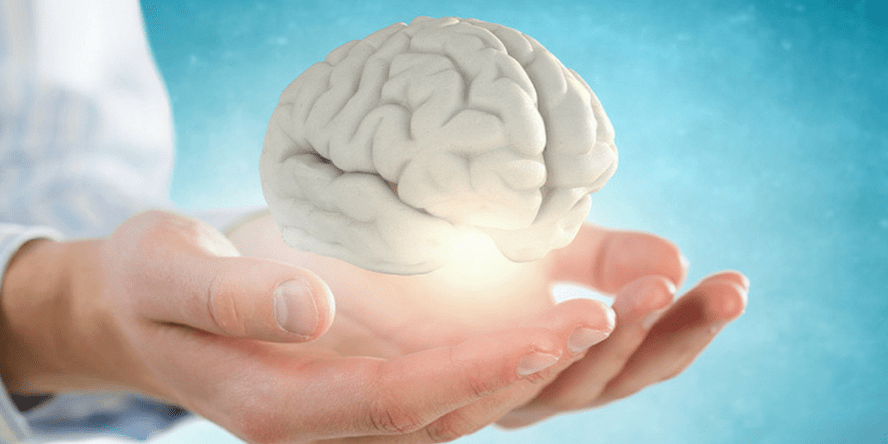As we grow older, it is common to start to notice changes in our ability to remember things. Sure, there’s not much you can do to stop time. You can however, improve the quality of your life within the time you have — and that includes keeping your mind sharp and vibrant.
Many of the momentary memory problems that you experience with age reflect normal changes in the structure and function of your brain. These changes can end up slowing certain cognitive processes which make it harder to learn new things quickly or screen out distractions that interfere with your learning and ability to retain memories.
Studies have shown that you can help prevent cognitive decline and reduce the risk of dementia with some basic lifestyle changes. There are several strategies we can use to protect and improve memory, but here we have listed just a short few:
1. Train your Brain
The mind stays sharp when the brain’s ability to constantly change over time is challenged and maintained. This is best done by engaging in cognitive exercises, which challenge your intellectual capacity. Some exercises can include playing chess, learning a new language, or learning card tricks. There are many ways to stimulate your brain, so find the methods that work best for you.
2. Meditate Away Stress
Studies shows that chronic stress can damage the brain. So to help protect and strengthen your brain, engage in activities or lifestyle habits that decrease stress. One of the best ways to do this is through meditation. Just 10 to 20 minutes a day can help you tremendously. You can practice breath-focused exercises, mindfulness meditation, yoga, Tai Chi, or engage in a spiritual practice or ritual.
3. Exercise your Body
Research shows that physical exercise enhances cognitive function. One reason is because it increases the levels of BDNF, a protein that improves learning, memory, and higher thinking by stimulating growth of new neurons and helping existing neurons stay alive. Even if you cannot work out intensely, a simple walk outdoors where the terrain isn’t predictable, can help your brain while also improving your balance and working your foot-eye coordination at the same time. Try to fit some aerobic exercise in and get your heart rate up for at least 15 minutes a few times a week.
4. Nourish your Brain
Your brain benefits from getting more antioxidants, which can help improve your memory, learning and overall cognitive performance. Antioxidant-rich foods include berries, fruits, and vegetables all are good for you. Drinks like green tea, red wine, and coffee, as well as dark chocolate also help in moderation of course.
5. Sleep on It
We’ve all had that moment when we’re sleep-deprived and can’t remember where we put things. You can’t fully operate when you’re so tired. This includes your cognitive skills, memory and ability to think clearly or communicate. If you don’t feel well-rested, you either need more hours of sleep or an improvement in your quality of sleep.
6. Keep Learning
A higher level of education is associated with better mental functioning in old age. Experts think that advanced education may help keep memory strong by getting a person into the habit of being mentally active. Challenging your brain with mental exercise is believed to activate processes that help maintain individual brain cells and stimulate communication among them. Many people have jobs that keep them mentally active, but pursuing a hobby, learning a new skill, or volunteering for a project at work can function the same way and help improve memory.
As we getting, many parts of our body slow down, but that doesn’t mean you can actively fight to stay in your best mental shape. If you have any more questions about what you should be doing to keep your brain young, call or visit myDoc Urgent Care and our physicians would be happy to talk to you.





